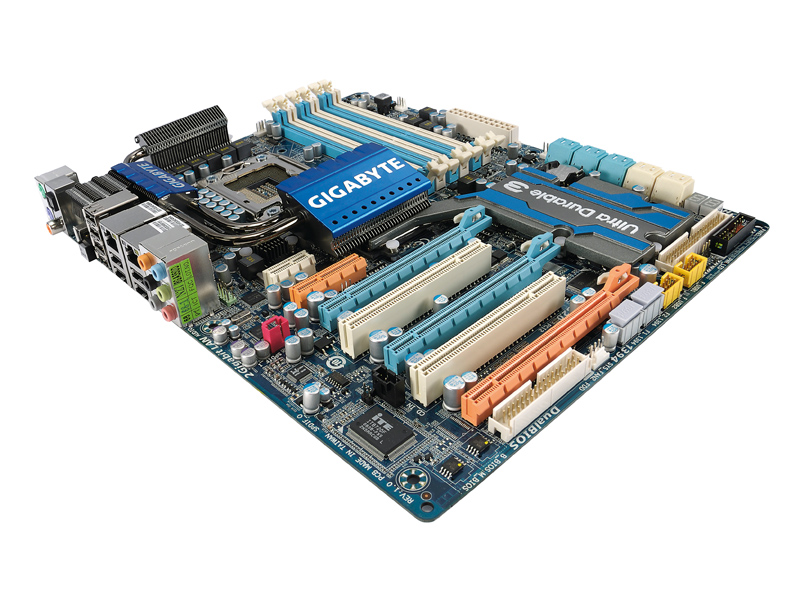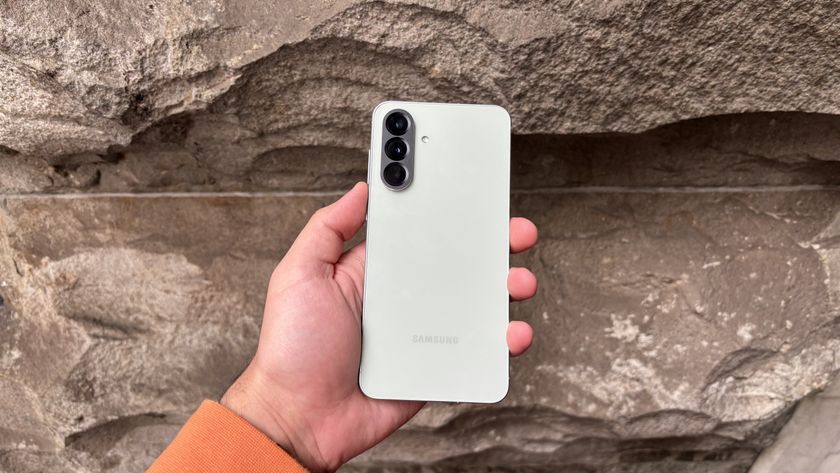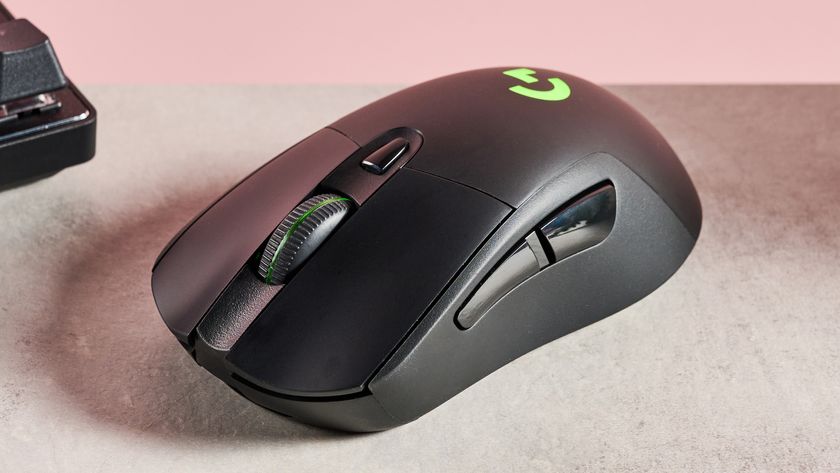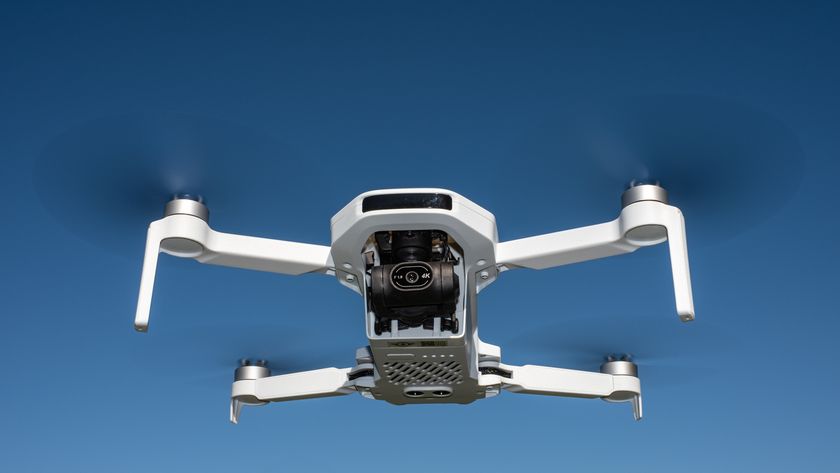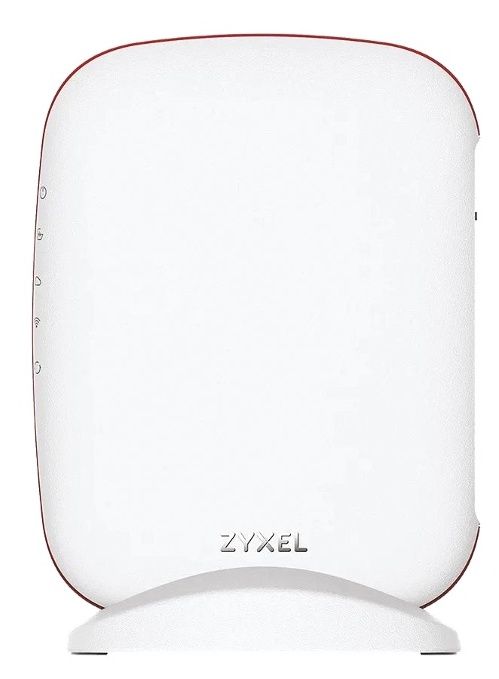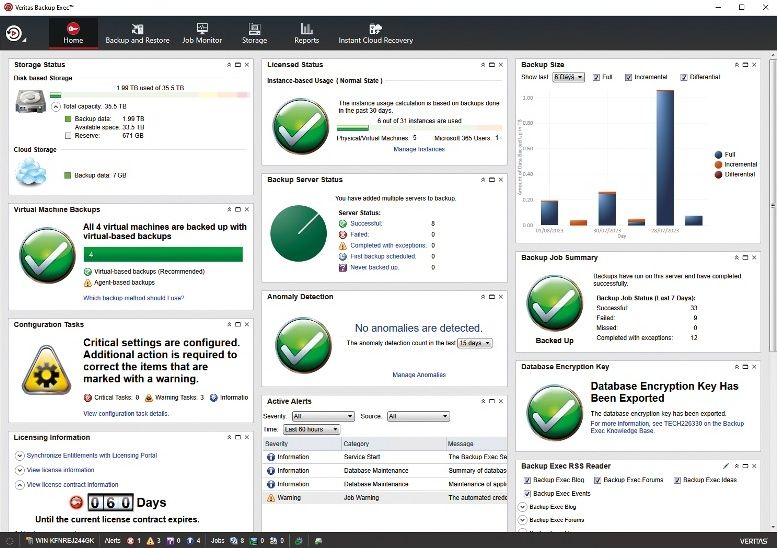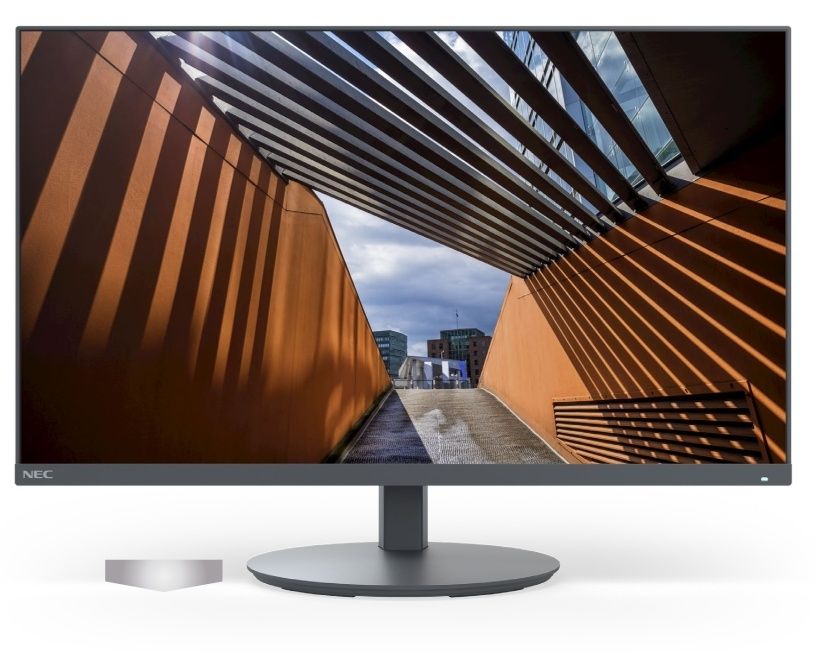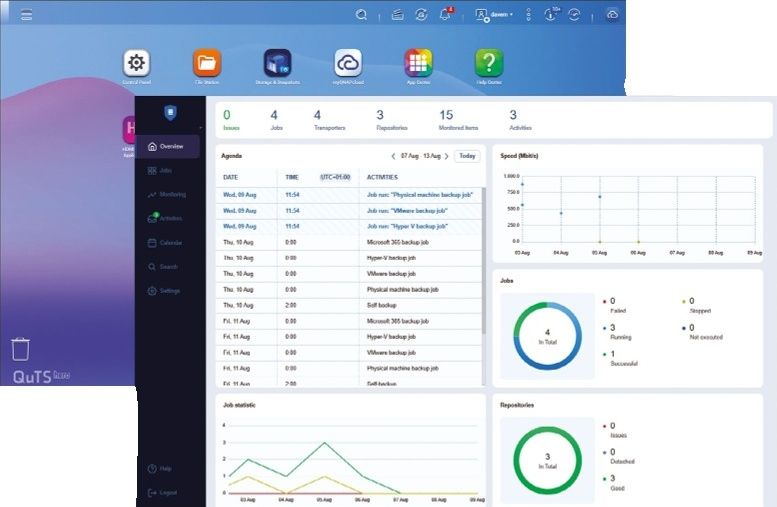TechRadar Verdict
If only more mobo manufacturers left out the extras and delivered something that performs
Pros
- +
Cheaper than competition
- +
Best i7 performance so far
- +
Nice looking
- +
No stupid extras
Cons
Why you can trust TechRadar
Gigabyte has shaved £100 off the price, and ditched a few high-end features. But can the EX58-UD5's (rolls off the tongue, doesn't it?) performance match its more fully-featured brethren?
All first impressions are good. Forgoing the Fisher Price-esque bright colours in favour of a pastel colour scheme makes it look a tad more subtle.
The sheer number of SATA and USB ports here is also impressive – ten of the former neatly lined up at the front of the motherboard.
There are no external SATA ports, but with many cases offering options on the front panel, motherboard-based ones are an unnecessary luxury.
Quality components
Despite the cheaper price, Gigabyte has not stinted on the components. It's doubled the copper on the printed circuit board, which apparently ensures better conductivity and lower temperatures throughout the board.
It also features Japanese manufactured solid capacitors, said to be able to function for 50,000 continuous hours – unfortunately we didn't have three years to test this statistic so we'll have to take Gigabyte on its word.
Unlike the Asus and MSI Core i7 boards we've looked at previously, Gigabyte's doesn't feature a daughter board for high quality audio, instead relying on an onboard solution. But audio quality doesn't suffer, with Dolby Home Theater certification and Blu-Ray lossless codecs ensuring clean and sparky sounds.
Overclockers are in luck too. Gigabyte have smartly included a pair of BIOS chips, so if you destabilise your system you've always got a backup ready and waiting, without the frightening fumble of BIOS flashing.
Gigabyte's smart six-gear power phase switching economically adjusts the power when needed, and a dynamic LED shows how much stress the system is under. It also includes the now de-facto handy numeric readout for diagnostics.
Performance crown
But the proof of the pudding is in the performance, and in spite of being relatively free of extras, Gigabyte's option outperformed both the Asus and MSI boards.
Only by tiny amounts, but that's still enough to put its competitors in the shade. It's worth pointing out that we're dealing with the upper echelons of motherboards here, and the Core i7 is such a recent release that we still can't expect a huge amount of difference between the various boards.
In cutting back on the optional extras, Gigabyte has produced a winning motherboard. If you want to build a Core i7 system with cash left over for a case and some decent RAM, the Gigabyte is the best option we've seen by a long way.

"The best AI comes from the best data” - why NetSuite thinks AI is changing everything, but its “secret sauce” could be just what your business needs
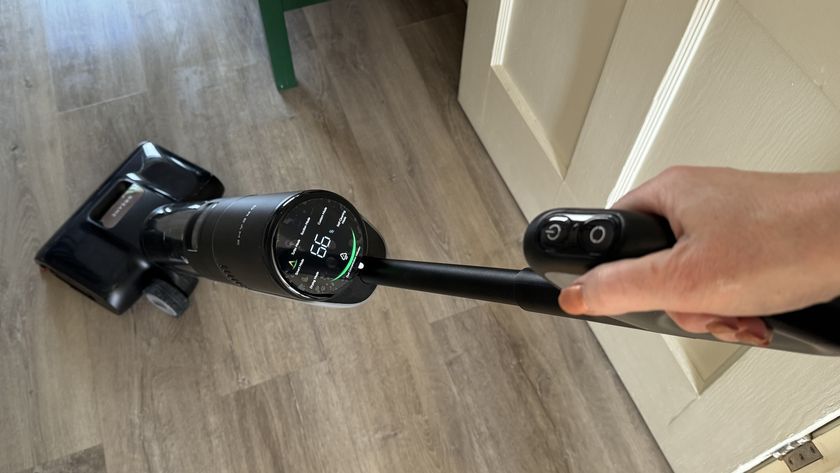
This cutting-edge wet-and-dry vacuum is so good, I'd even forgive it for damaging my wooden floors

Nikon unveils the Z5 II full-frame mirrorless camera – entry-level just got better, and pricier
